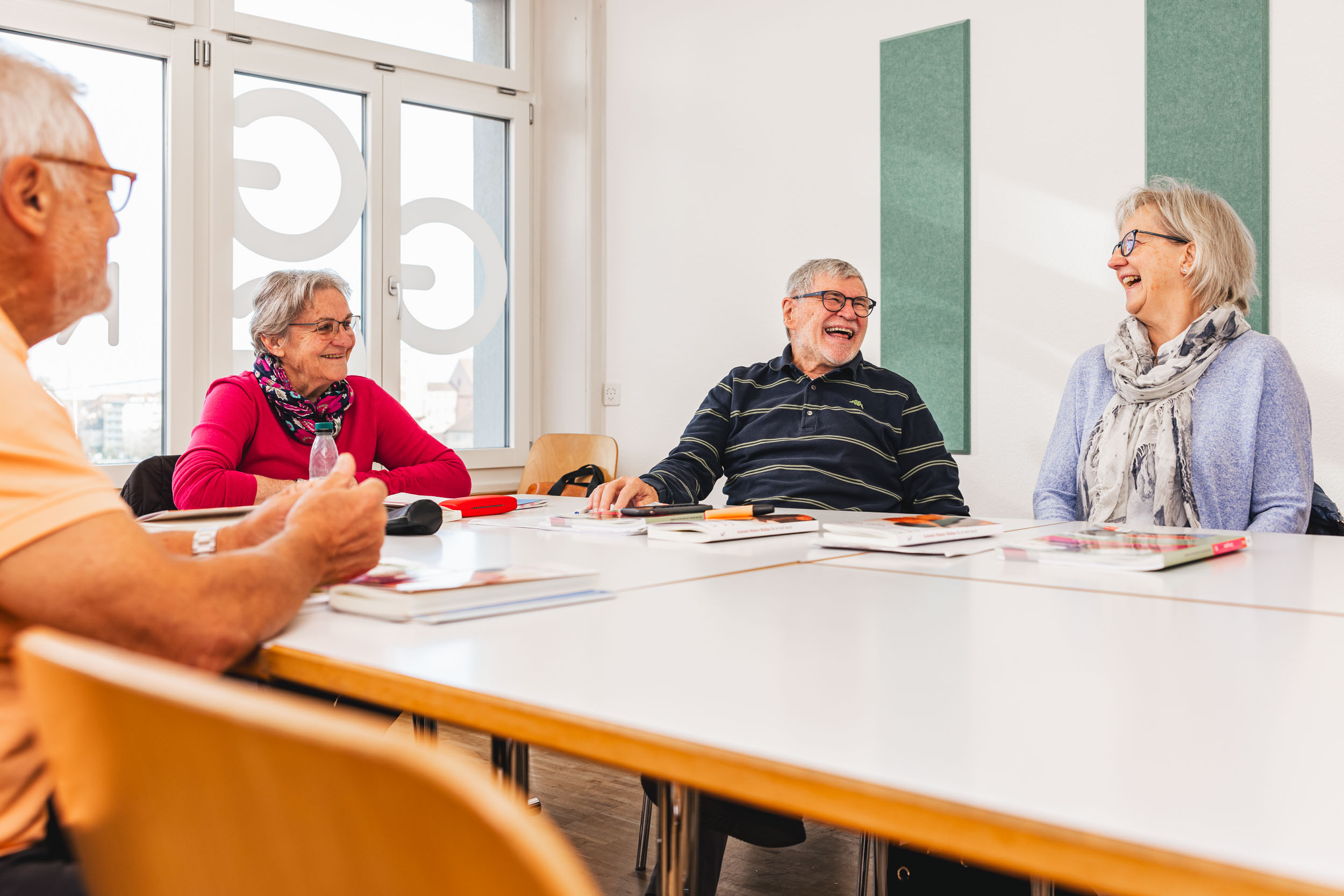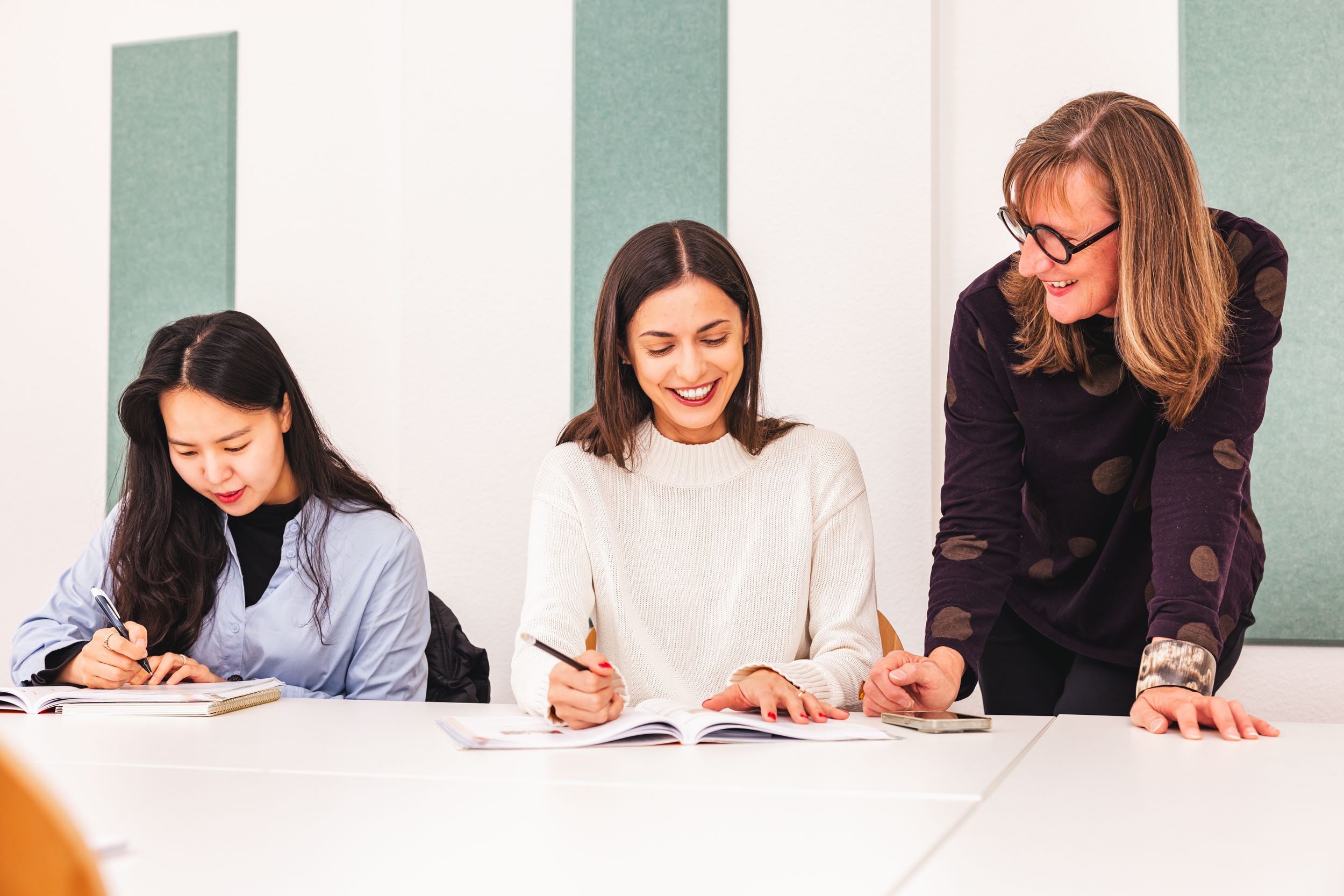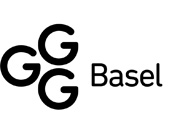Additional Information
Survey
Course participants thought
"Mein Deutschkurs ist fast zu Ende. Ich bin so froh, dass ich die Chance bekommen habe, an einem so schönen Kurs teilzunehmen. Sowohl der Lehrer als auch die Kameraden waren super nett und ich habe durch die interaktive Atmosphäre des Unterrichts wirklich viel gelernt. Es war eine kurze aber sehr gute Erfahrung."
Maryam, December 2024
"First of all, I would like to thank you for the joyful learning experience I have had over the past few months; you have played an important role with your positive attitude, your energy, your empathy and your smiles."
Elena, December 2024
Core statements from the 2023 survey
We carried out a qualitative opinion poll of the GGG course participants for a third time. We were delighted that the very positive results from 2008 and 2011 were comprehensively confirmed and greatly substantiated in 2023.
A total of 210 people took part in the survey and were very satisfied with their current or last courses. The greatest happiness was shown for
- Course times
- Location and accessibility of course venues
- Courses offered
- Low course fees
The check question on recommending GGG courses to friends also confirmed their satisfaction.
The following items from the survey were implemented in 2024:
- We offer room for social interaction and focus on classroom teaching
- Our low course fees allow everyone interested to attend
- We continue to strengthen the wide range of courses we offer
- We work with external child care
Many thanks to all who gave us feedback.
History
GGG Courses – a fascinating story!
1784 The Paper School: There was still no general compulsory schooling in Basel. The paper mills in the St. Albantal employed boys as cheap labour. Through the "Paper School", the GGG provided these boys with two hours of lessons a day in reading and writing.
1827 The Factory School was founded for young workers in other areas of industry and manufacture.
1838 The Revision School: Primary school was now compulsory, but only to the age of twelve. The GGG therefore changed over to a "Revision School" to enable youngsters to deepen what they had already learned. Probably without realising it, the GGG thereby founded Switzerland's first institution for optional continuing education.
Foreign languages: Foreign languages for young men were also offered at the Revision School - a far-sighted action.
1879 For young women too: After a couple of false starts, this year saw the introduction of French courses for women. Courses in English and Italian soon followed. Ten years later, 375 people regularly attended courses in the Revision School.
1912 German as a foreign language: Immigration to Basel in the years before and after the First World War led the GGG to offer German courses for people from Ticino. These always took place at "six in the morning". It seems the courses were a great success: in 1926, more than 1000 people attended the courses regularly - even during the Second World War.
From 1950 Signs of change: After the war, people demanded more. In 1950, courses in Russian were introduced, followed by Modern Greek (1961) and Arabic (1964).
GGG evening courses: Courses and events were only offered in the evenings at this time, and were enhanced by cooking courses, guided tours of the city and museums, and excursions to nearby places of interest in the evenings and at weekends.
After 1970 Company courses: Courses were and still are taught as needed at companies and institutions.
1996 The GGG Courses - now 200 years old - expanded considerably with the takeover of the courses formerly offered by the COOP. Day courses took place in its own premises at Eisengasse 5 next to Schifflände in addition to evening courses in two state schools.
2011 Around 1600 people took courses in Basel German, German as a foreign language und 16 other languages, taught by over 50 qualified teachers. The language courses - inexpensive and open to everyone - have formed the kernel of GGG Courses' activities for years. Thanks to contributions from GGG Basel (www.ggg-basel.ch), reductions in course fees can be made on request from registered unemployed, those on a grant or with valid Colour Keys, students at the FHBB or the University of Basel, exchange students, apprentices, au pairs with contracts, and schoolchildren.
2013 New rooms in our course centre: From the beginning of the 1st semester of 2013, additional courses have been taking place in 5 newly decorated rooms on the 1st floor of Eisengasse 5 overlooking the Rhine.
Levels
The Common European Framework of Reference for Languages (CEFR)
A1 Communication in basic language
A2 Everyday conversations on familiar topics in simple language
B1 Effective communication about everyday topics
B2 Active participation in discussions on different subjects
C1 Effective communication about complex topics, only occasionally unsure
C2 Fluent or near-fluent use of language even in complex situations
Placement tests
Online placement tests (German language only) for German, English, Italian, French and Spanish can be found on the pages for those languages.
Committee
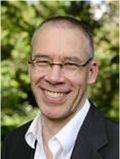 Prof. Dr. phil. Erik Petry (President a.i.) |
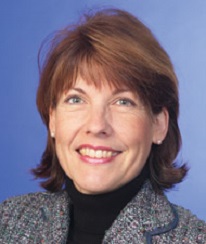 Petra Oppliger, lic.iur. |
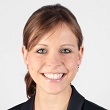 Christine Staehelin, lic.phil. |
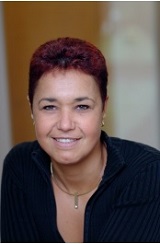 Dr. phil. Jennifer Jermann |
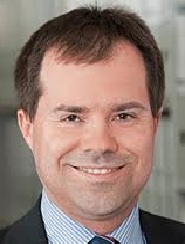 Daniel Kuiper, eidg. dipl. Wirtschaftsprüfer (Finance) |
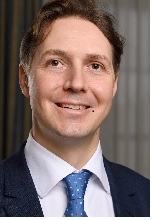 Tobit Schäfer |
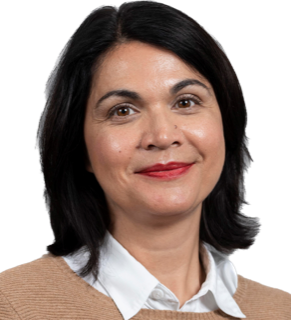 Maria Ferreira (Head of School) |
Calendar
{module AkSemesterE} |
The course days are in bold type |
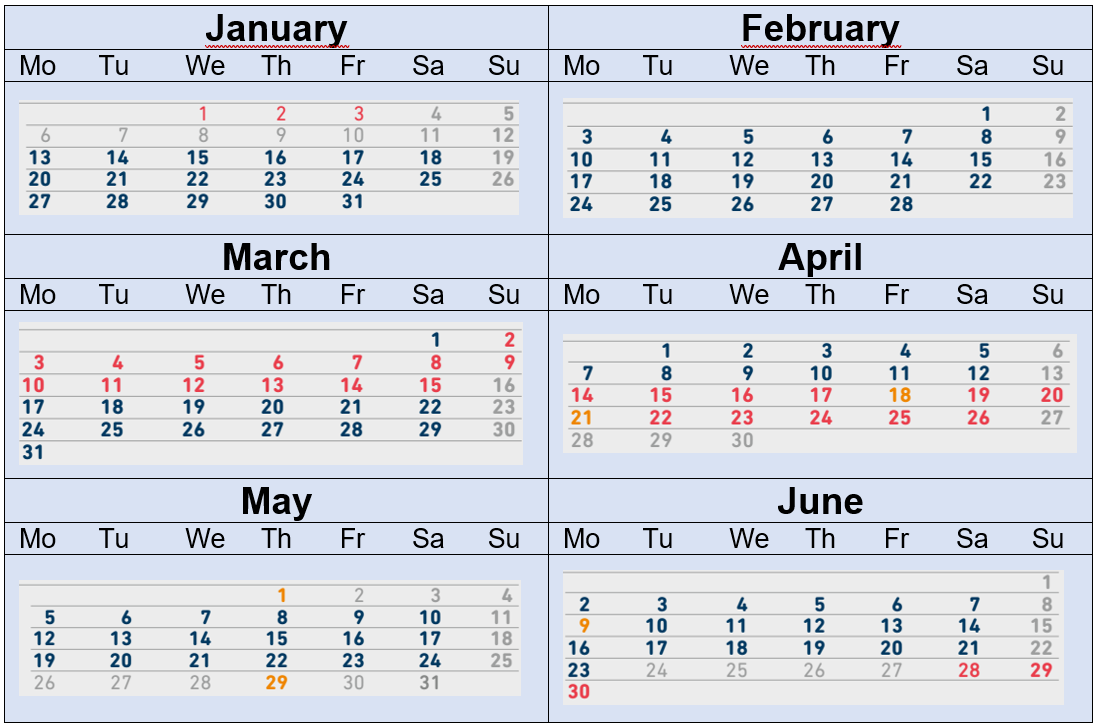
→ The courses begin from January 13, 2025.
→ No courses on public holidays and during the school holidays
→ Christmas holidays: 21. December 21, 2024 to January 4, 2025
→ Carnival / Sport holidays: March 1 to 15 2025
→ Spring holidays: April 12 to 26 2025
→ Easter: April 18 to 21 2025
→ Labour day: May 1
→ Ascension: Mai 29 2025
→ Whit Monday: June 9, 2025
→ Summer holidays: June 28 to August 9, 2025
→ The 2nd Semester of 2025 begins on August 11, 2025.
